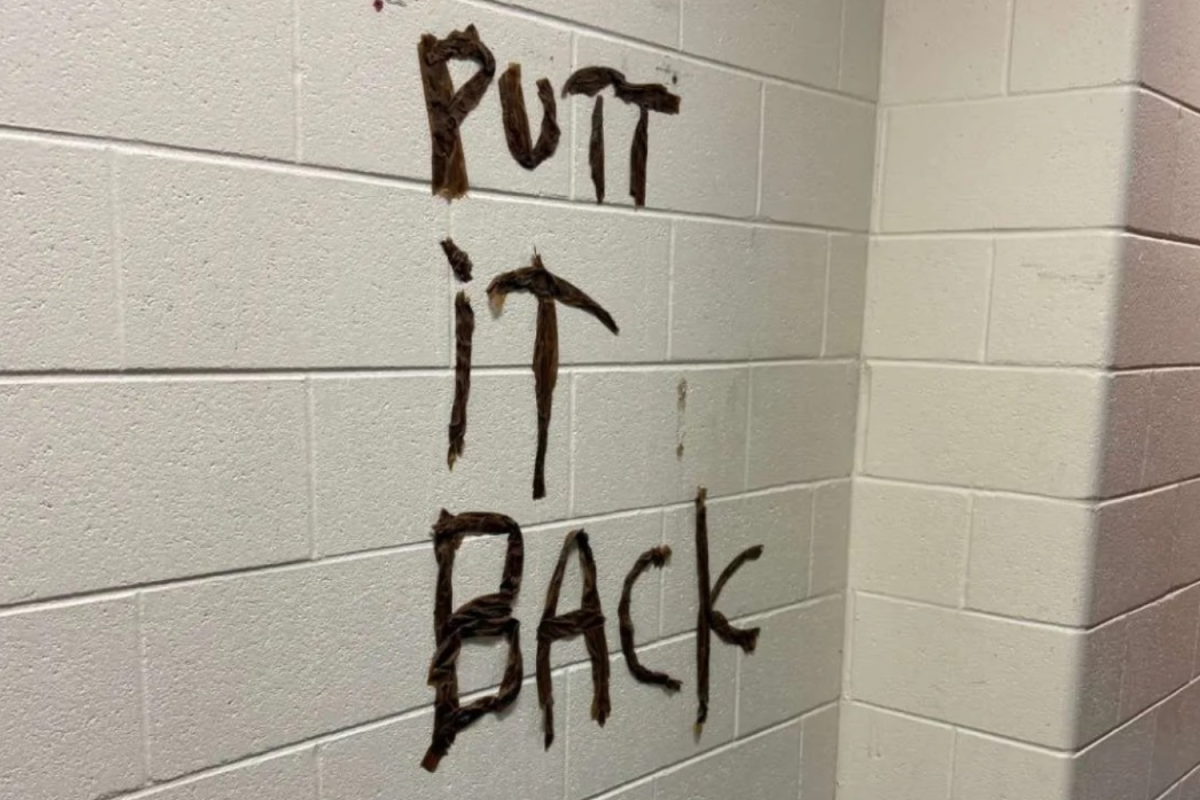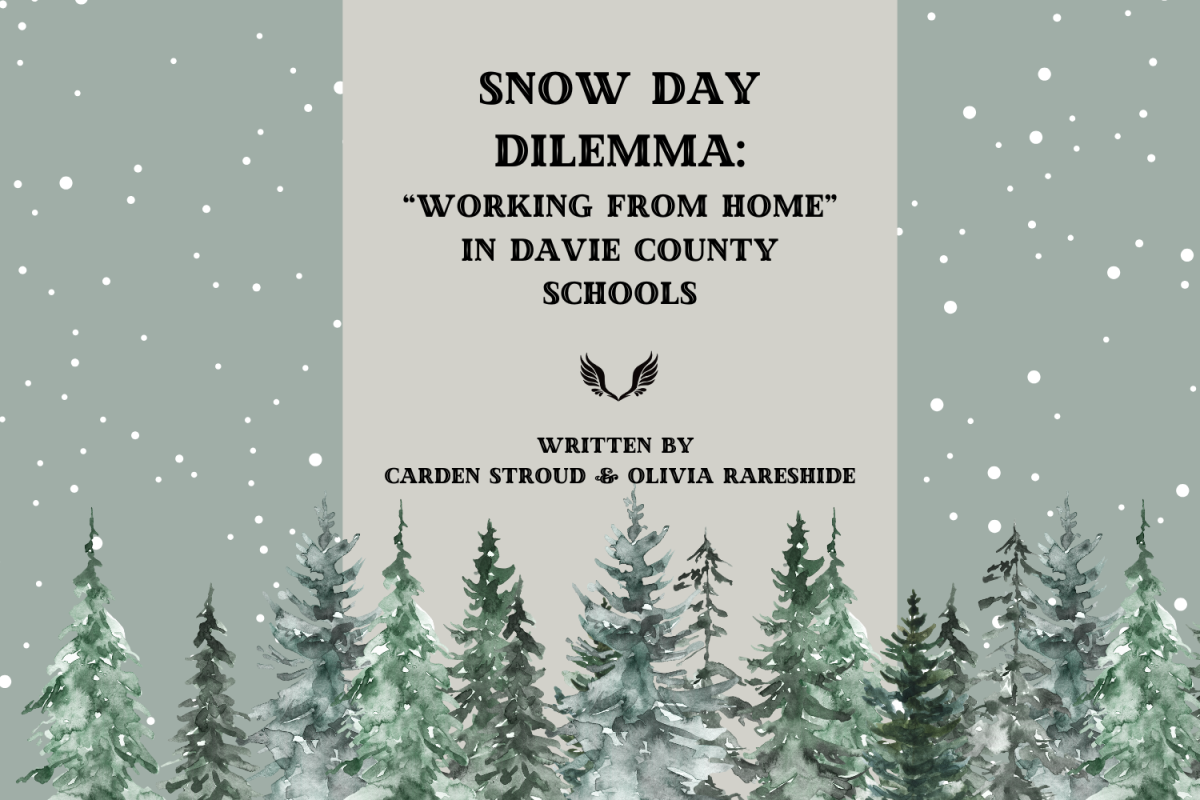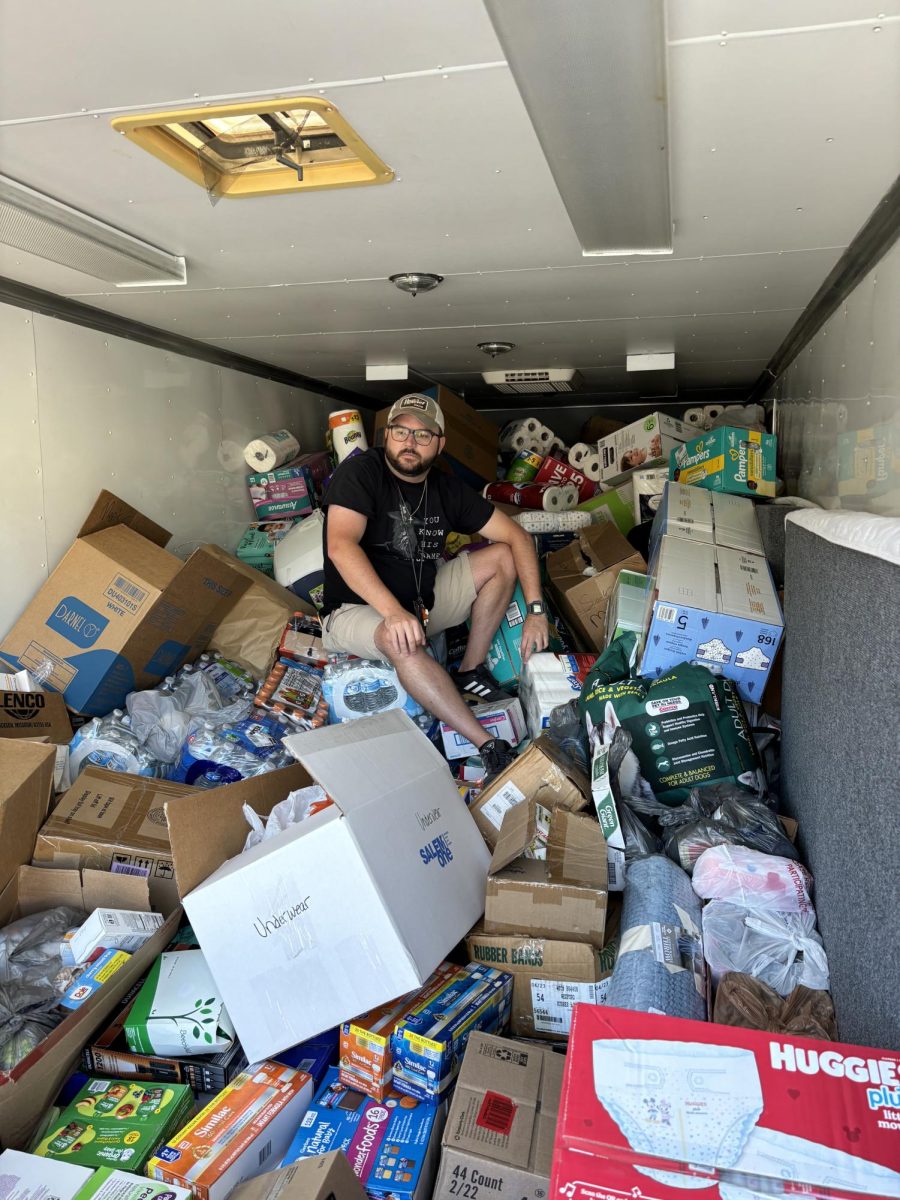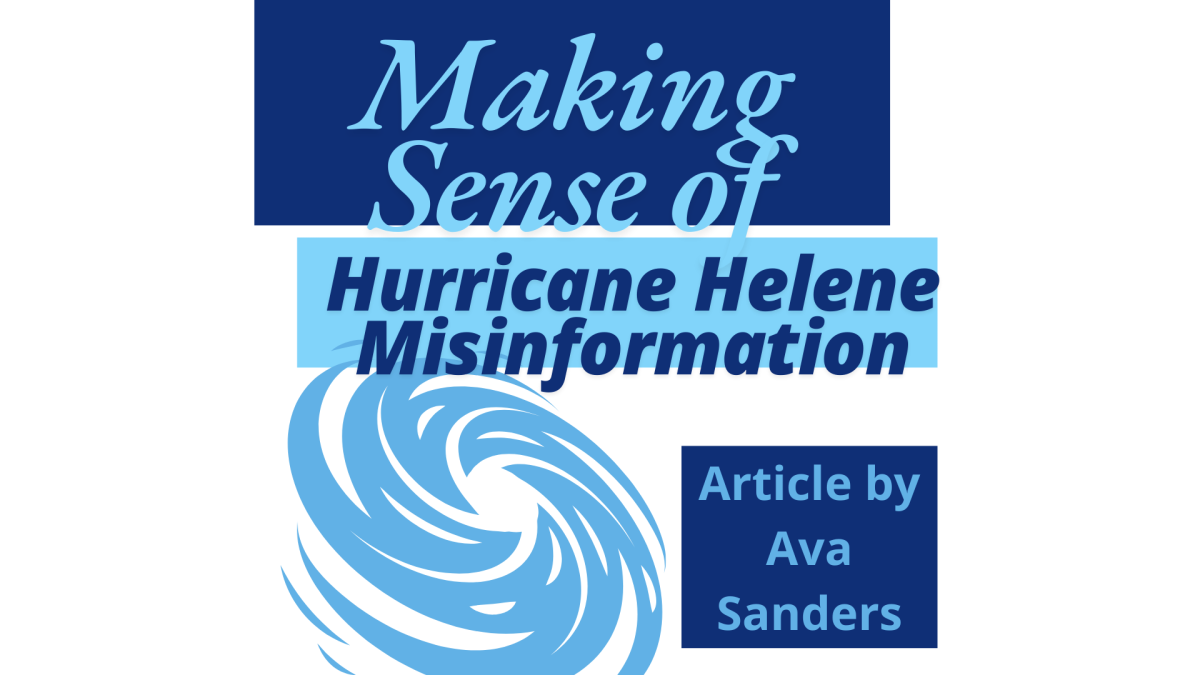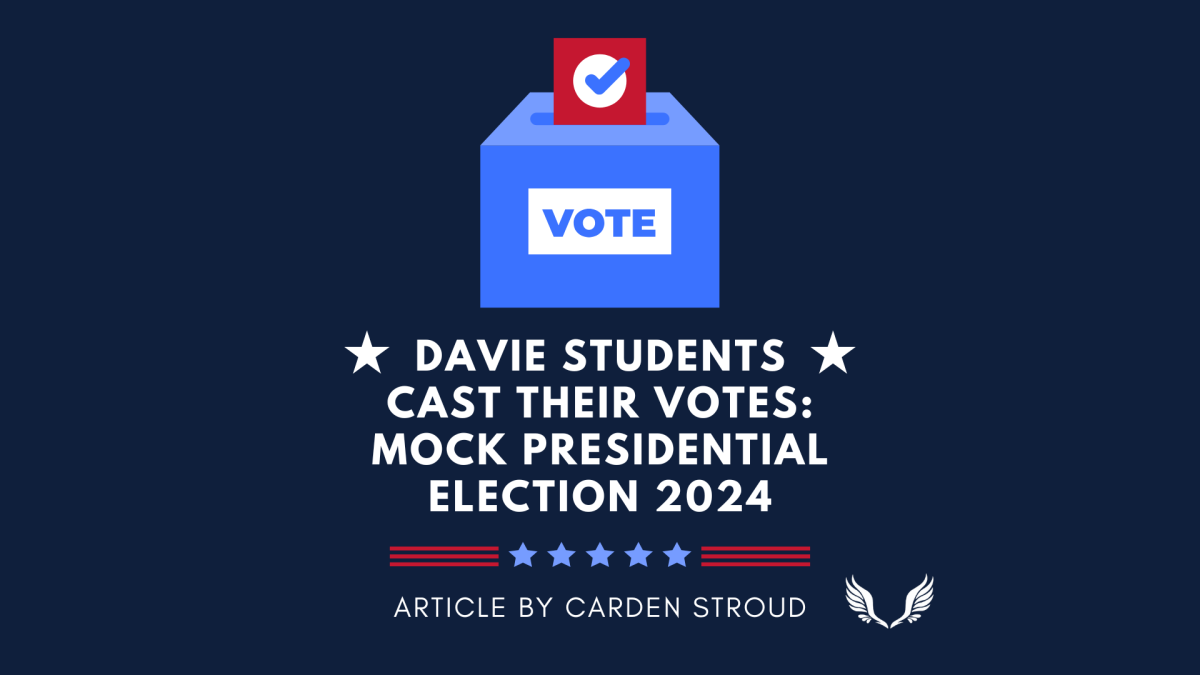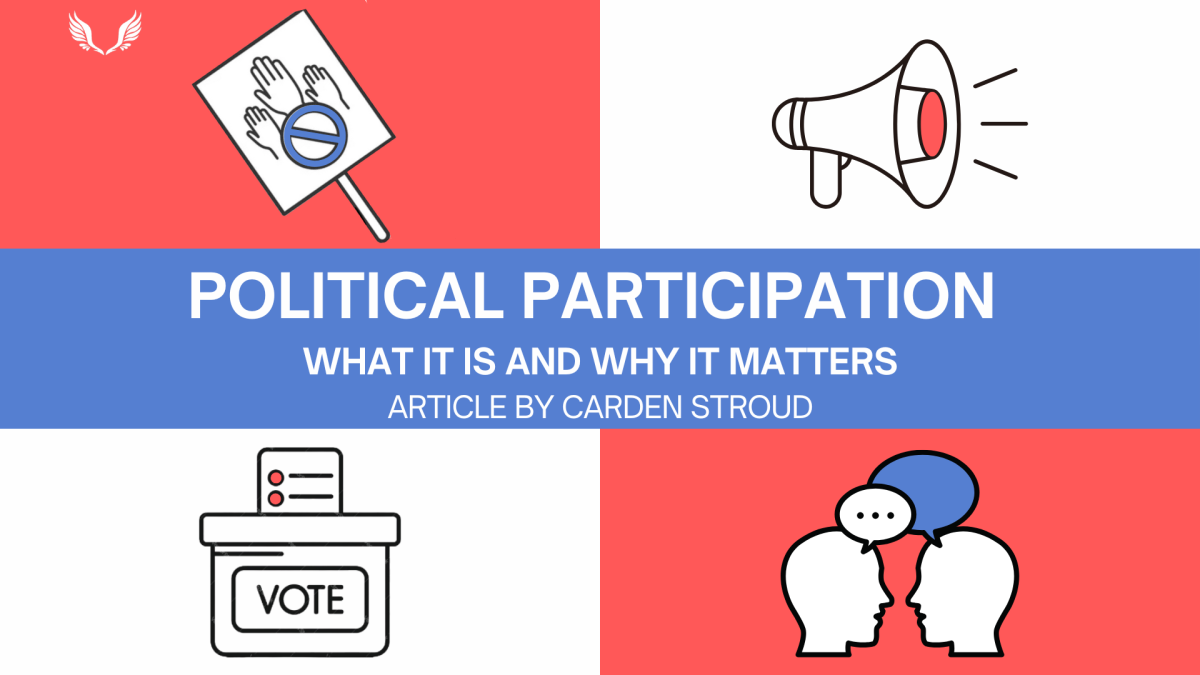The COVID-19 pandemic has presented many challenges to students, educators, and parents. Children already coping with mental health conditions have been especially vulnerable to the changes, and now we are learning about the broad impacts on students as a result of schools being closed, physical distancing guidelines and isolation, and other unexpected changes to their lives.
To gain a better understanding of the specific impact of these policies and changes, The Weekly Talon polled Davie High School students, asking them to comment on the state of their mental health. The majority of students polled show feelings of educational burnout through stress, anxiety, and depression.
Background
Beginning March 14, 2020, the North Carolina Public School Systems were shut down due to rising COVID concerns. The closure of school also included the end of school-sponsored sports, clubs, and any other extracurricular activities students were participating in. Such closures meant a lack of access to the resources students usually have through schools and extracurricular activities. These routines were important for students as they provided some sort of stability. But as students within the past twenty months have faced the closing of schools, hybrid learning, and now the current state of the public school system, a regular school schedule has become overwhelming.
The Results Don’t Lie
The Weekly Talon’s poll received 411 responses from DCHS students. The poll consisted of questions about the correlation between mental health and schools. Overall, there were 126 freshman, 123 sophomore, 105 junior, and 57 senior responses. It is possible that since the majority of them were freshmen, some of their responses could be indicative of them feeling the height of pressure and work that high school provides.
The first three questions asked in the poll had to do with the problems students have been facing. The first question asked: “Have you felt as if you have little to no energy recently?” Responses indicated that the majority of students (64% to 36%) believed that they didn’t have nearly as much energy as they could have had. This supposed lack of energy could specifically be associated with burnout, and it is also a symptom of depression.
Burnout is a state of mental, physical, or emotional exhaustion that results in students feeling without energy. Burnout happens when kids are faced with ongoing stress or frustration with no chance to relax and recharge. Of course, some stress is necessary for kids as it can motivate them to set goals and then reach them. The problem comes when the work and stress are nonstop. Students, when experiencing burnout, may continue to do well at their schoolwork and activities that they’ve always done, but they don’t always feel a sense of emotional or physical accomplishment when they do so. Students also tend to experience difficulty concentrating.
Responses to the question, “Do you ever find yourself lacking enjoyment for things you used to look forward to?” revealed that the majority of students (53.5% to 46.5%) said they lack enjoyment in their activities.
The final question related to specific feelings students were experiencing asked, “Have you had trouble concentrating recently?” The majority of students who responded to this poll (59.4% to 40.6%) expressed that they also had trouble concentrating.
An analysis of these results shows that more than half of the students surveyed answered yes to all three of the questions. Having no energy, finding no enjoyment, and having trouble concentrating are all symptoms of educational burnout, as well as depression and anxiety. Students, including us, find themselves simply trying to get through the day-to-day of schoolwork and extracurricular/after-school activities. This ultimately leads to no time to recharge, causing students to focus less on enjoying their current task and more on getting to the next one.
To determine when students typically feel this way, we asked the question, “How often do you feel like this if you answered yes to any of the above questions?” Common short answer responses from students included, “All the time,” “Most of the time,” “Everyday,” “Sometimes,” and “Never.” We also asked students when they noticed these feelings beginning to occur.
We can see through these results that 288 out of the 411 students polled answered that they had felt feelings that indicated burnout and depression recently or for a while. These responses should be incredibly concerning for the teachers, staff, and administration at DCHS because we aren’t even halfway through the school year.
To better understand school’s effect on students’ mental health, we asked the question, “How much of a stressor would you say school is on a scale from 1-5?” A ‘one’ on the scale indicated that school didn’t have any effect on the poll taker, while a ‘five’ indicated that school was a major stressor for the responder. Most respondents chose the number ‘four’ on the scale, and a majority of students overall rated their stress from school as a ‘three’ or above. These results indicate that school is a large factor in the mental health and levels of stress in a student’s life.
Comments from Students
To conclude our poll, we asked students for any remaining suggestions or comments that they had pertaining to their own or others’ mental health. One junior commented on one for their personal solutions when they were stressed. “I have realized that allowing myself a break whenever I get frustrated with something, (even though it is easier said than done) to allow yourself a break sometimes, genuinely helps get me back on track and in a good state of mind to move forward,” the student said.
A junior noted that their teachers typically put more emphasis on negative as opposed to positive feedback, with at least one other student wishing for their teachers to give them some verbal support, “Encouraging words are nice to hear from teachers once in a while.” Without the support of teachers, it’s hard to tell if a student is doing well or not. Encouraging words boost morale and allow the student to feel more comfortable in that classroom.
Concerns were also expressed in this portion of questioning. One freshman asked, “What if you are too embarrassed to ask anyone for help?” We here at the Weekly Talon encourage you and other students with the same thoughts to speak to a teacher or a friend who will listen. There is no need to be embarrassed. Everybody feels this way. It’s okay, we are all here to help. We also have counselors available to help, teachers, and you’ll always have your friends.
Mooresville High Suicide
On Wednesday, November 11, 2021, Mooresville High School informed the public that students would be released early from school as the Mooresville Police were investigating the suicide of a male student in a Mooresville High School bathroom who was discovered early that morning. This news comes with recent reforms being made in the way public schools deal with mental health. The Weekly Talon and others from Davie High School send our condolences to the friends and family of the student whose life was cut too short.
Mental health struggles for students continue to persist in schools, and in some cases, it is still not being properly addressed. In recent years, however, it has become a less stigmatized topic. We encourage teachers, staff, and students to hold themselves accountable for checking on each other during this tough time and make it a habit throughout the year.



